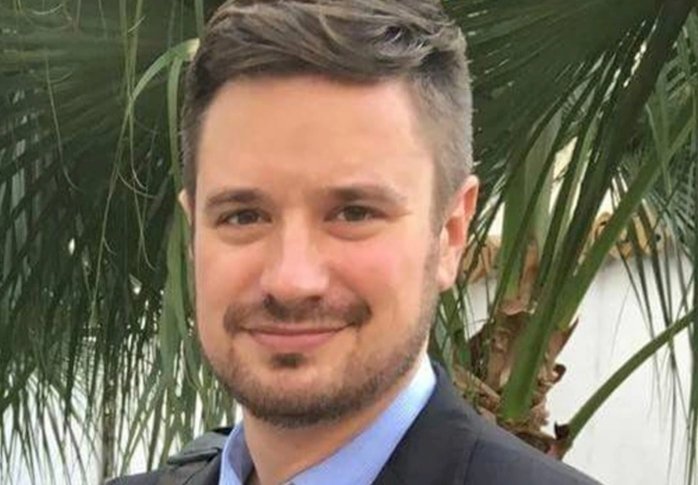DR Congo Court Sentences 51 Persons To Death Over Killing Of UN Experts
Zaida Catalan, a Swede, and Michael Sharp, an American, were killed as they investigated violence in the Kasai region nearly five years ago.

A military court in the Democratic Republic of Congo has sentenced 51 people to death, several in absentia, in a mass trial over the 2017 murder of two United Nations experts in a troubled central region. Capital punishment is frequently pronounced in murder cases in DRC, but is routinely commuted to life imprisonment
since the country declared a moratorium on executions in 2003. Dozens of people have been on trial for more than four years over the killings that shook diplomats and the aid community, although key questions about the episode remain unanswered. Zaida Catalan, a Swede, and Michael Sharp, an American, were also
investigating violence between government forces and an armed group in the central Kasai region in March 2017 when they were stopped along the road by armed men, marched into a field and killed. Their bodies were found in a village on March 28, 2017, 16 days after they went missing. Congolese officials have blamed the
killings on the Kamuina Nsapu armed group. Unrest in the Kasai region had broken out in 2016, triggered by the killing of a local traditional chief. About 3,400 people were killed, and tens of thousands of people fled their homes, before the conflict fizzled out in mid-2017.
Death penalty
Prosecutors at the military court in Kananga had demanded the death penalty against 51 of the 54 accused, 22 of whom are fugitives and are being tried in absentia. The charges ranged from terrorism and murder to participation in an insurrectional movement and the act of a war crime through mutilation.
According to the official version of events, pro-Kamuina Nsapu armed fighters killed the pair on March 12, 2017, the day they went missing. But in June 2017, a report handed to the UN Security Council described the killings as a premeditated setup in which members of state security may have been involved. During the trial,
prosecutors suggested that the fighters had carried out the murders to take revenge against the UN, which the sect accused of failing to prevent attacks against them by the army. If so, those who purportedly ordered the act were not identified throughout the marathon proceedings. Among the main accused was a colonel,
Jean de Dieu Mambweni, who prosecutors say colluded with the militiamen, providing them with ammunition. He has denied the charges and his lawyers say the trial is a set-up. Mambweni was among those originally facing the death penalty, but instead was sentenced to only 10 years in jail for disobeying orders and failure to assist a person in danger. His defence team said he
would appeal the verdict. Catalan’s sister, Elisabeth Morseby, said after the verdict that testimony in the case was of dubious reliability given how much time the defendants had spent together in prison and said the conviction of Mambweni was a smokescreen. In order for the truth to emerge, all suspects, including those higher up in the hierarchy, need to be questioned, which has not yet been done, she told the media.
